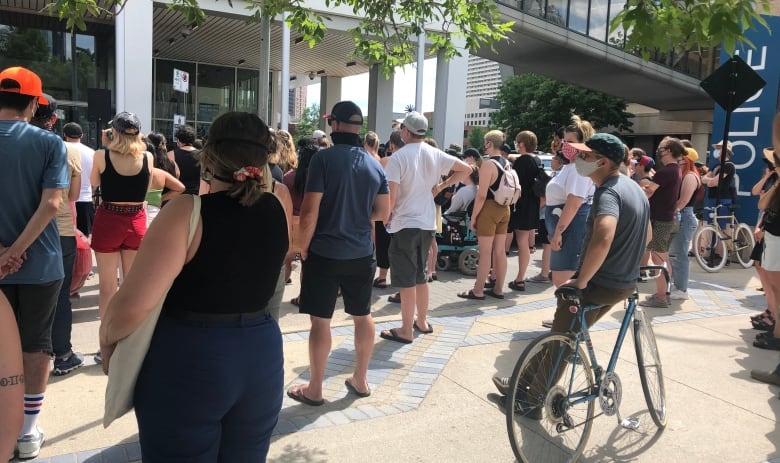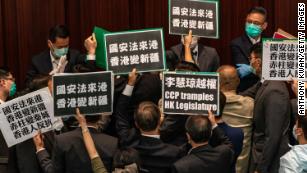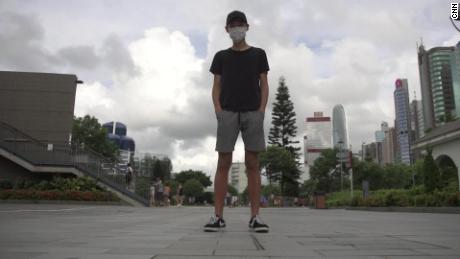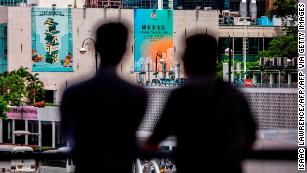
Last year marked the 60th anniversary of one of the most influential concepts in lab animal welfare—the three Rs. To promote the humane treatment of laboratory animals, these principles urge scientists to replace animals with new technologies, reduce the number of animals used in experiments, and refine lab protocols to minimize animal suffering. First outlined in the 1959 book, The Principles of Humane Experimental Technique, the three Rs have become a cornerstone of lab animal legislation and oversight throughout the world.
But as millions of animals continue to be used in biomedical research each year, and new legislation calls on federal agencies to reduce and justify their animal use, some have begun to argue that it’s time to replace the three Rs themselves. “It was an important advance in animal research ethics, but it’s no longer enough,” Tom Beauchamp told attendees last week at a lab animal conference.
Beauchamp, an emeritus professor of ethics at Georgetown University, has studied the ethics of animal research for decades. He also co-authored the influential Belmont Report of 1978, which has guided ethical principles for conducting research on human subjects. Beauchamp recently teamed up with David DeGrazia, a bioethicist at George Washington University and a senior research fellow in the Department of Bioethics at the U.S. National Institutes of Health (NIH), to lay out six principles for the ethical use of lab animals, which would replace the three Rs. The pair published both a scientific article and book on the topic late last year.
Beauchamp and DeGrazia talked with Science about how their new approach works, why they think it’s better than the three Rs, and whether researchers will embrace it. This interview has been edited for clarity and length.
Q: What’s wrong with the three Rs?
David DeGrazia: The three Rs don’t take the costs and benefits of animal research into account. They don’t ask questions like, “Is the experiment worth pursuing in the first place? Is it too expensive? Is it important enough?” It just assumes the experiment is worth doing. We want scientists to be asking these essential questions first.
The three Rs also aren’t comprehensive. They don’t discuss the basic needs of animals, for example, or set limits on how much animals can be harmed.
Q: How do your new principles solve these problems?
D.D.: The first principle is that you can only use animals if they’re the most ethically acceptable way to address the question. It goes beyond the “replacement” part of the three Rs in that scientists must not just consider alternatives to using animals, they must prove that there are no viable alternatives. An IACUC [Institutional Animal Care and Use Committee], for example, might ask an investigator to detail the science showing that animal alternatives like organ on a chip or microdosing humans aren’t viable. It puts more teeth into replacement.
Another principle would ask scientists to detail how much humans and society are likely to benefit from the research, and contrast that with how much animals are likely to suffer. Even if the benefits of using animals outweigh the costs, we want researchers to think about how they can mitigate—and even eliminate—any harms caused to animals during their experiments. Are they drawing blood more than they need to? Are they handling rodents more often than necessary?
Scientists also should be thinking about how to give these creatures the best life possible in the lab. That could include making sure they have companions, exercise, and other stimulating activity.
Tom Beauchamp: Finally, there should be an upper limit to how much we can harm animals, regardless of the benefits of the science. No animal should be put in a position of experiencing severe suffering for a lengthy period of time.
D.D.: If we, hypothetically, addict mice to cocaine, and then see how much of an electric shock they’re willing to endure to get their fix, we’re forcing them to live between the misery of addiction and the suffering of shocks. That’s way too much harm to cause for whatever the purpose of the study is.
This is the only principle for which we say there might be some rare exceptions. For example, an exception might be if there’s a raging pandemic and the only way to test a vaccine is to have a control group that suffers for a week or more without treatment.
Q: What has been the response of scientists so far?
D.D.: I’d say the response from researchers was halfway between warm reception and polite skepticism. The feedback has been limited so far, but I’ve been encouraged by the positive tone.
At the same time, some people have expressed concern about how to quantify things like the benefit to people or the harm to animals. I’m sure we will get criticism about the principles imposing extra regulations and slowing down science. But it won’t slow down science if we’re stopping research that doesn’t provide real benefits.
Q: Do you think your principles will have as much impact as the three Rs?
D.D.: Our framework can’t change the scientific culture by itself. These things take time. But our hope is that, like the three Rs, our principles will become part of the mainstream vocabulary of scientists and ultimately change their behavior. If so, I think we’ll see much better science, because the models are so well-chosen, and all of the animal subjects will have decent lives.
Q: What are your next steps?
T.B.: The best way for us to push things forward is to give talks and hope that will lead to more people reaching out to us. [Their proposal came up at a recent NIH workshop on nonhuman primate research.]
Q: Have you thought about a catchy name, like “the three Rs”?
D.D.: Not yet. Maybe “The six principles”? [Laughs]. We’re still working on it.
*Correction, 25 June, 3 p.m.: This article originally mentioned an alternative to animal testing called “lab on a chip.” It should have been “organ on a chip.” The story has been












